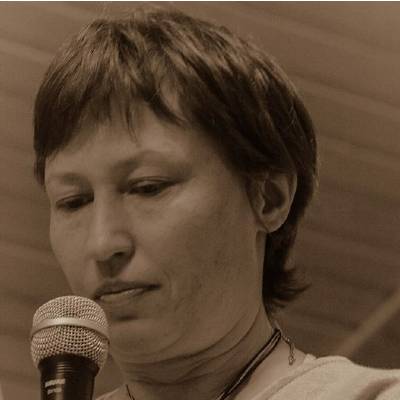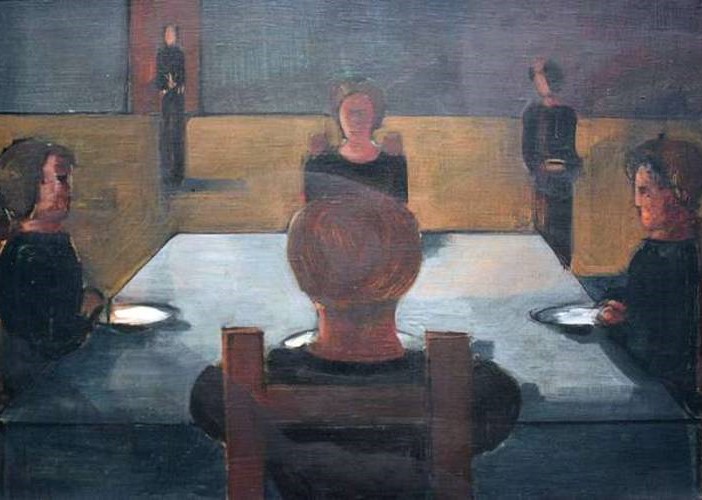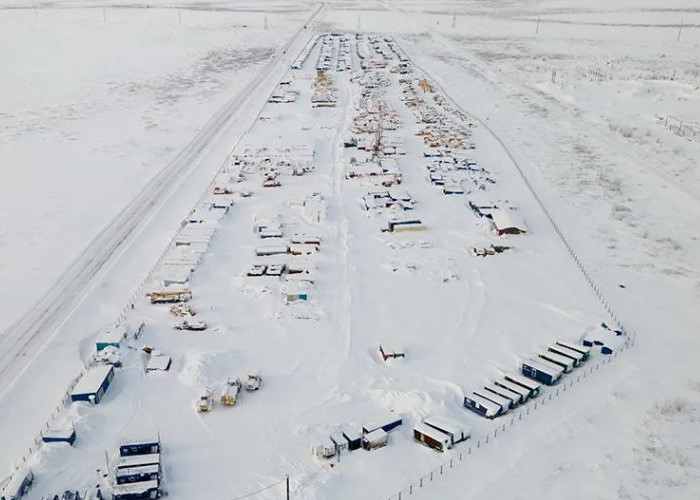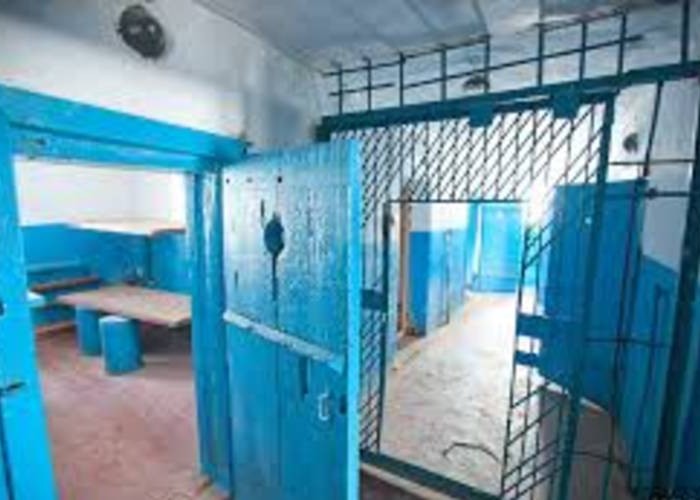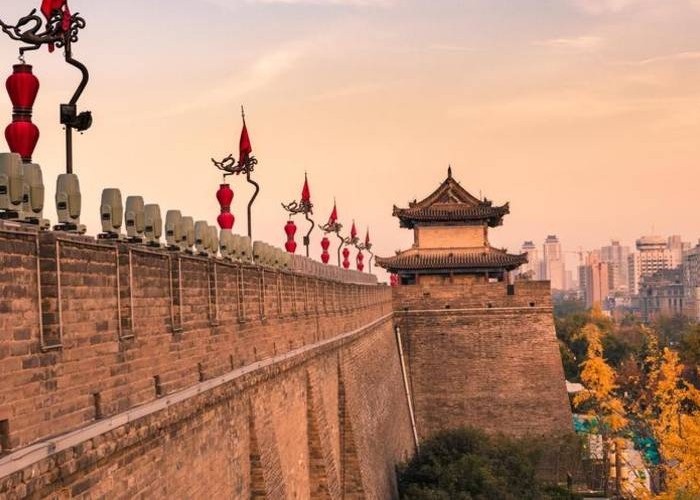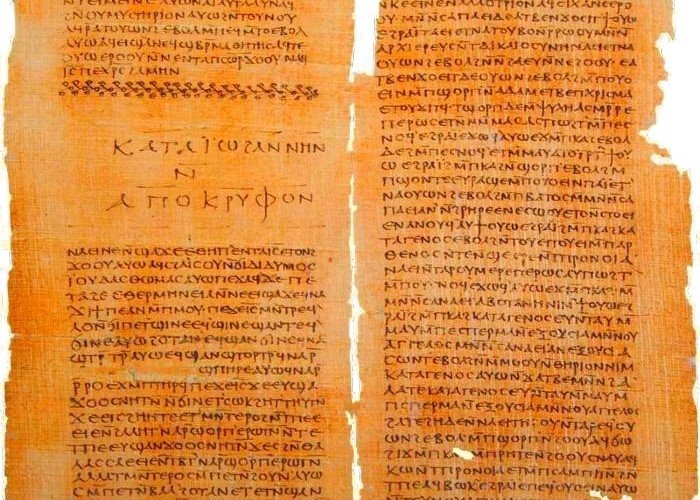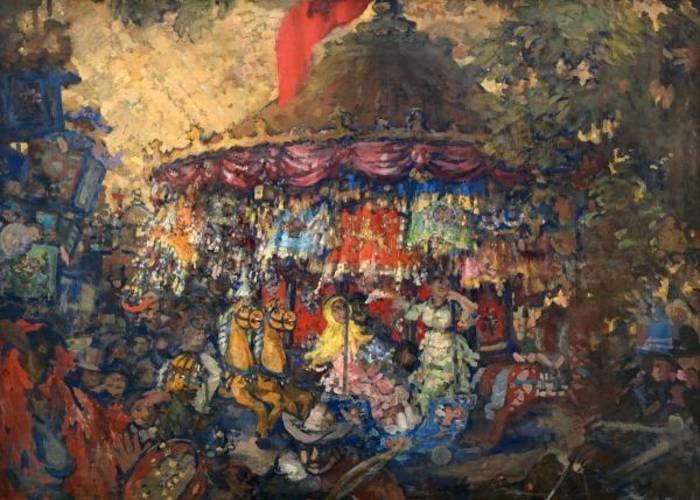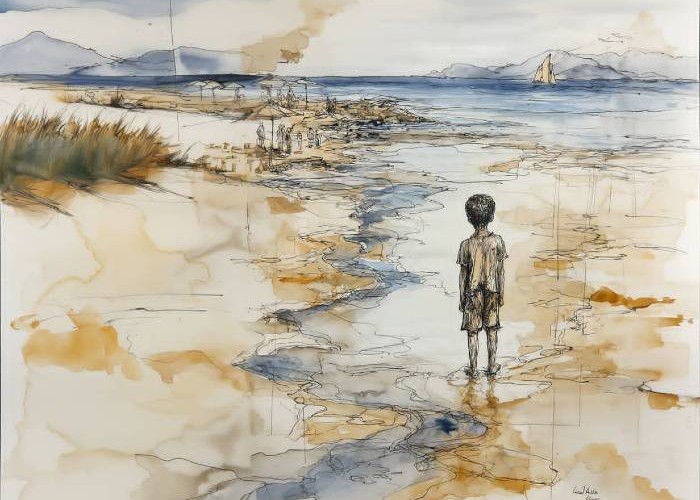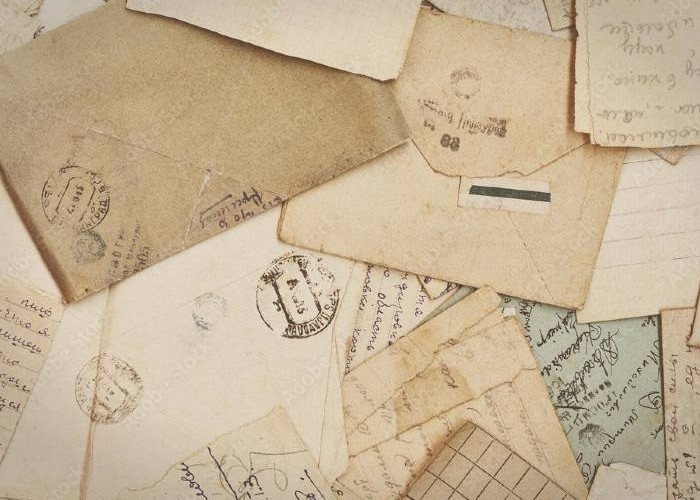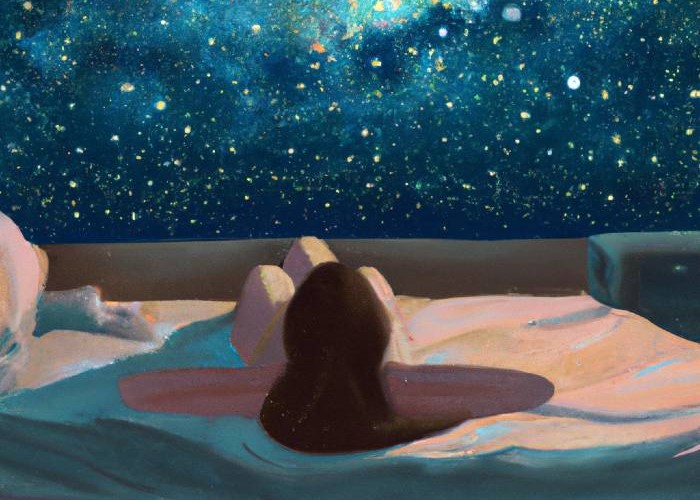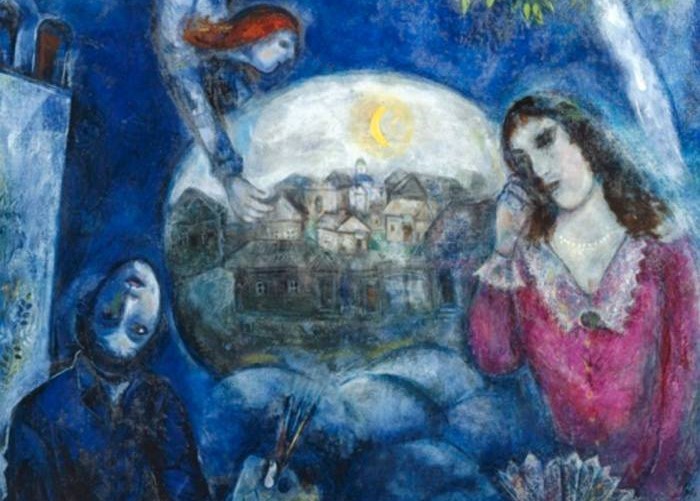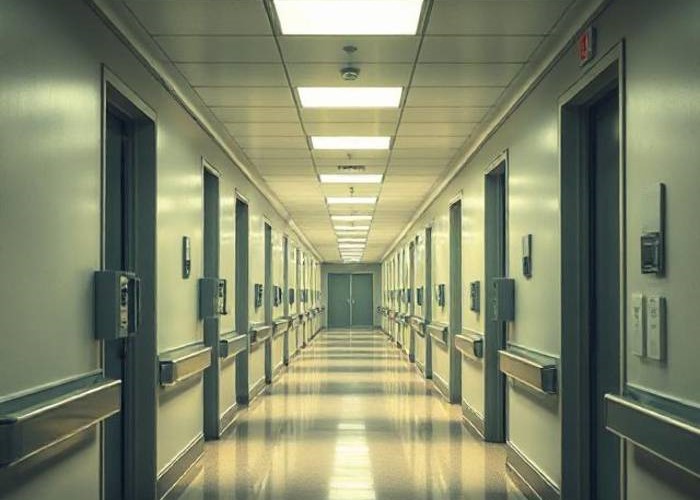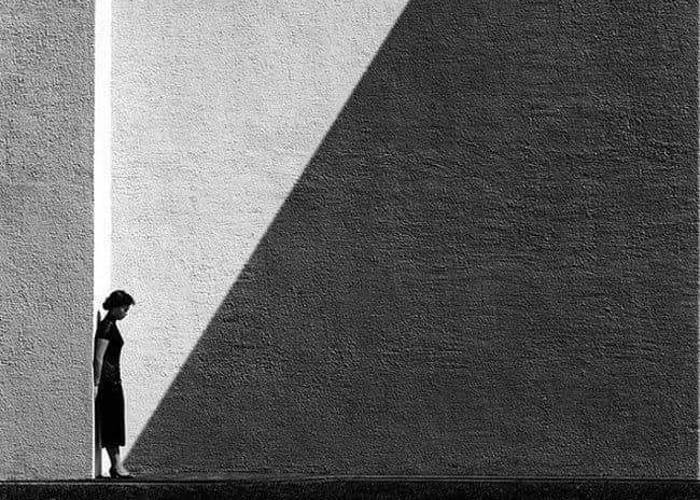DEATH TO ENEMIES
A tender love of strong language was widespread in this environment, yet it was still considered something indecent, something that should not be allowed at all. Therefore, the four words, the three indigenous ones and one that had become so through use, were usually replaced with euphemisms. Members of the community vied with each other to come up with the most unusual expressions possible, whose general meaning should nevertheless be understood by everyone, even by outsiders. As a result, the power and energy that the well-known lexical units contained in a compact, one might even say preserved, form were inevitably transformed into almost meaningless flowery whorls which, over time, looked more and more like bad imitations of Eastern prose.
“In a situation like this, one can’t help but yearn for some kind of directness and unambiguity,” she thought, methodically rearranging her glass vases that should have been thrown away long ago. But all the same, quite inevitably, her chances of being unambiguous were slipping toward zero.
LIFE IS BEAUTIFUL
By this time, the computer was already making a particularly irritating noise. It was getting noticeably lighter outside, and the peculiar night silence of the apartment building was slowly being stretched and torn in its thinnest places by certain barely audible, but still very persistent, predawn noises. Somewhere slippers shuffled, refrigerator doors slammed, doorknobs clicked, and the yellowish, chlorine-scented Moscow water gurgled in sewer pipes. More than anything, she loved this particular time of transition from the silence and relative tranquility of the night to a hectic, cares-filled morning. The emptiness of the courtyard, which belonged to her alone, disappeared as if by magic, space and time began to be infinitely divided into small parts, and each individual person acquired his own, customized fragment of reality. The potential became actual, and nothing in the world could stop this endless and somewhat frightening process of a constantly repeated transformation.
THE LAW FORBIDS
On this street, linden trees bloomed wildly and freely. All around it a huge, uncomfortable city made noise and exhaled poisonous gas, imposing more and more restrictions on its inhabitants. First, it was necessary to walk only on the right side of the street, then it was necessary to jump every five steps, then the distance was reduced to three steps, then it was necessary to jump at every step. Those who, for health reasons, could not afford such strenuous exercises had to stay at home and watch Swan Lake on television or via a special Internet broadcast. In the meantime, tension was building in the streets. As jumping up and down was apparently no longer enough, bowing was introduced – first after five steps, then after three, and then after one step. You had to take a step, jump up and bow, take a step, jump up and bow… And continue like that all the way to the subway if you couldn’t afford a cab ride. For those who took a cab, there was a leniency – they could bow and jump only when getting in and out of a car. Of course, constant exercise is good for one’s health, some said. Others, rubbing their aching lower backs, nodded approvingly and, by inertia, continued to bounce and bow, even when it was no longer necessary. The apartment, which had never really been a fortress, that is, a home, was filled to the brim with incredibly annoying music, and there was no way to turn it off.
Translated from Russian by Nina Kossman
